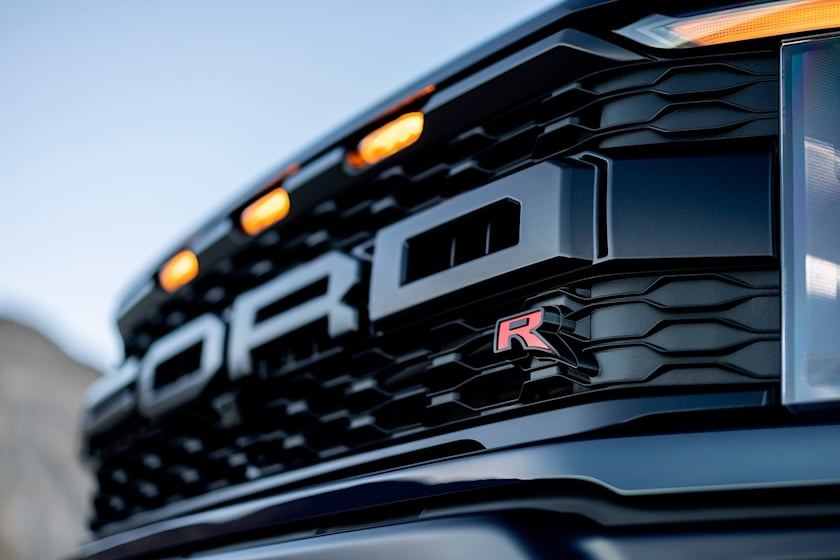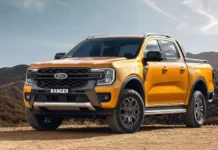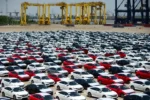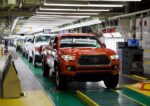
|
According to Carscoops, Japanese automakers and the country’s automotive industry are celebrating a newly signed trade agreement with the US, which significantly reduces tariffs on exports to the American market. However, this same agreement has left the US automotive industry’s Big Three – Ford, General Motors, and Stellantis – feeling discontent.
The issue lies in the fact that imported vehicles from these three automotive giants may now face higher import taxes compared to cars manufactured in Japan. The US-Japan trade deal allows goods imported from the Land of the Rising Sun to be taxed at 15%, as opposed to the current rate of 25%. Consequently, cars imported from Japan will enjoy lower taxes than those produced in Canada and Mexico, where the Big Three have factories supplying a significant number of car models to the US market.
|
|
|
Some variants of the Chevrolet Silverado sold to American customers are produced in Mexico. Image source: General Motors |
Prior to this agreement, President Donald Trump had threatened to increase tariffs on imports from Mexico to 30% and impose a 35% tariff on imports from Canada, effective August 1st. The White House hailed the deal with Japan as “a historic win for America’s auto industry, ending Japan’s long history of barriers and restrictions on US auto imports.” Carscoops interpreted this statement as implying that the agreement favors the Big Three, as they could potentially sell more cars to Japanese customers.
However, the reality is that Japan exports significantly more vehicles to the US than it imports from them. CNBC’s analysis of customs data revealed that automobiles accounted for over 28% of Japan’s total exports to the US in 2024.
In response to this trade agreement, the American automotive industry expressed its disappointment, arguing that granting preferential tariff treatment to imported Japanese vehicles, instead of those produced in North America with a high proportion of US-made parts, is a poor deal for both the industry and its workers.
|
|
|
Cars imported into the US from Japan will benefit from lower tariffs. Image source: Toyota |
General Motors, for instance, reported a loss of $1.1 billion in the second quarter due to the new tariff policy and expects this figure to reach $5 billion by the end of the year. European automakers are eagerly awaiting a similar agreement with the US, but discussions with the European Union have yet to bear fruit, and President Trump has recently threatened to impose a 30% tariff on imports from the continent.
Recommended Reads for Your Next Road Trip
Our Cars section offers a diverse range of captivating books to accompany you on your journeys. Whether you’re on a short commute or a cross-country adventure, these titles will keep you entertained and engaged during those moments of relaxation.












































